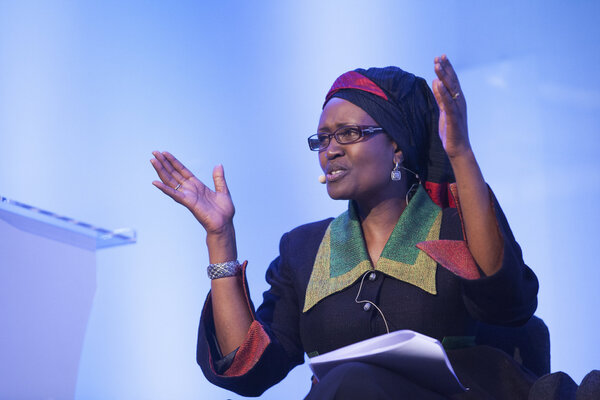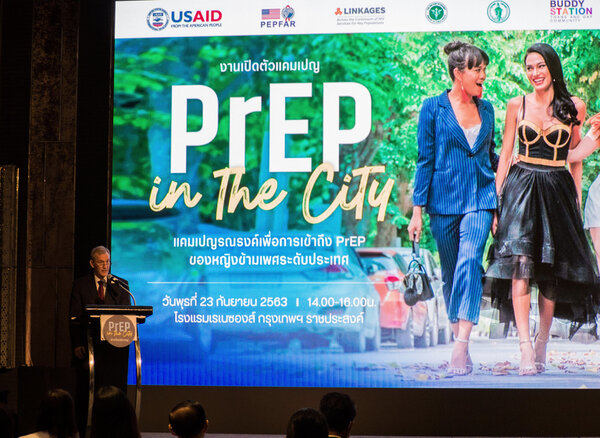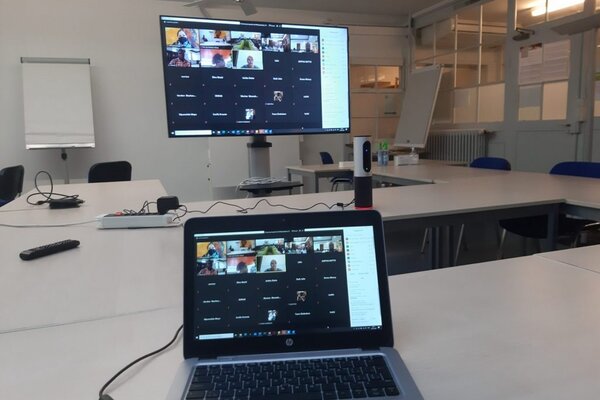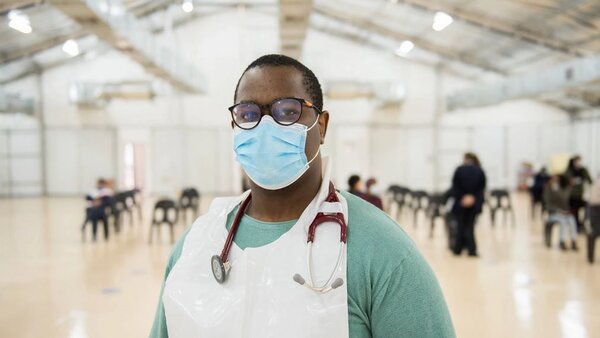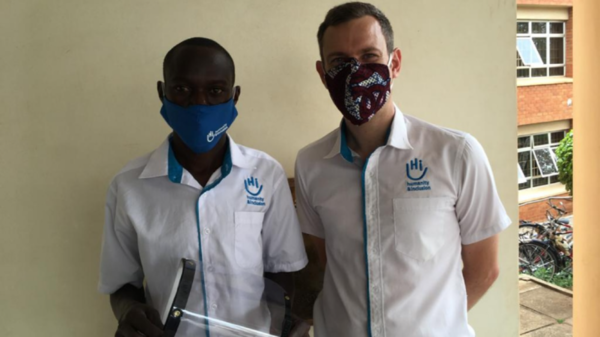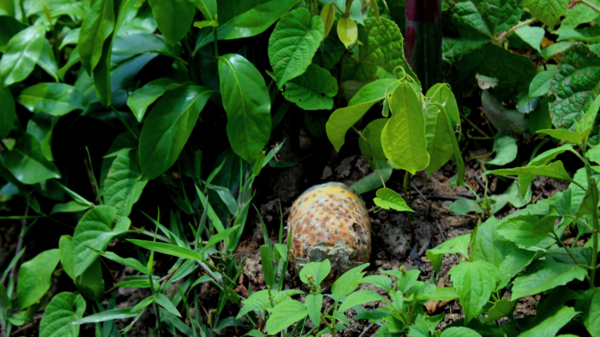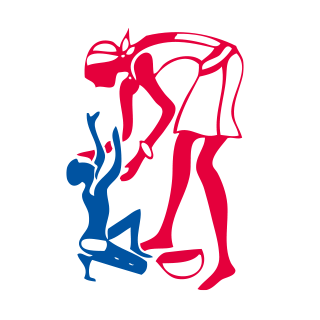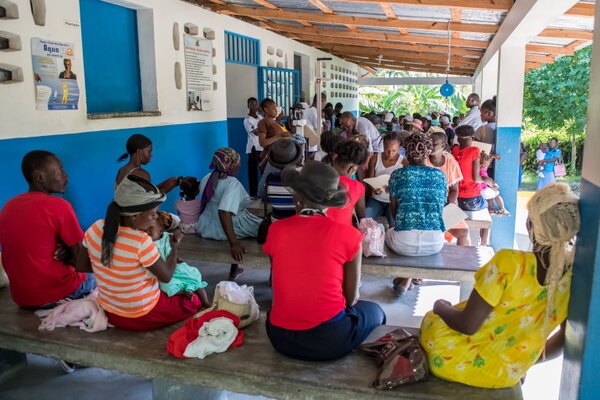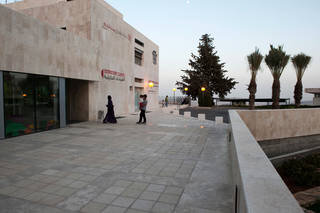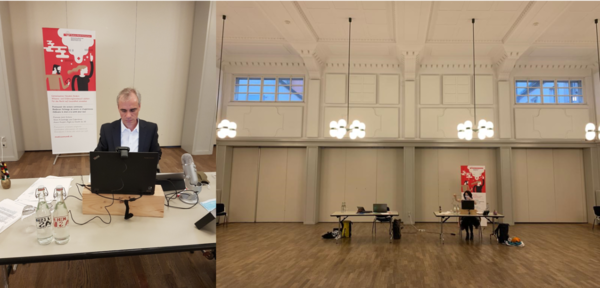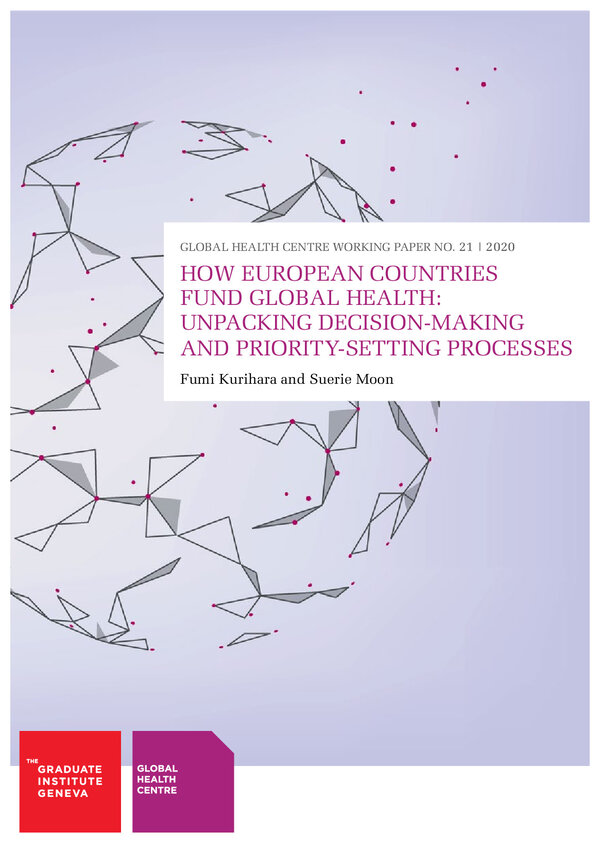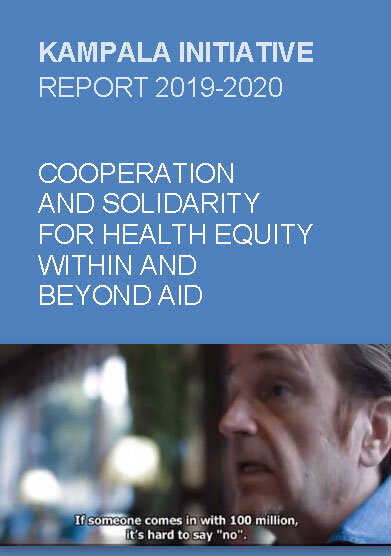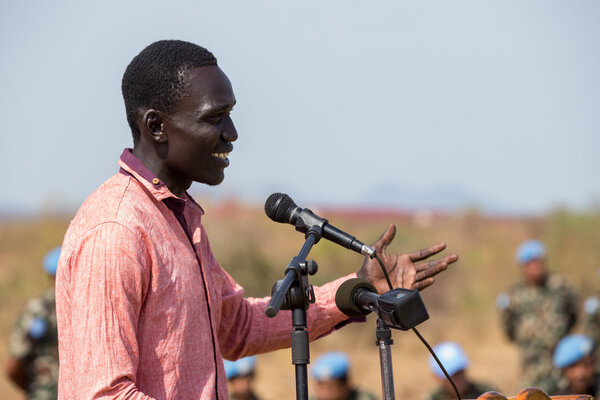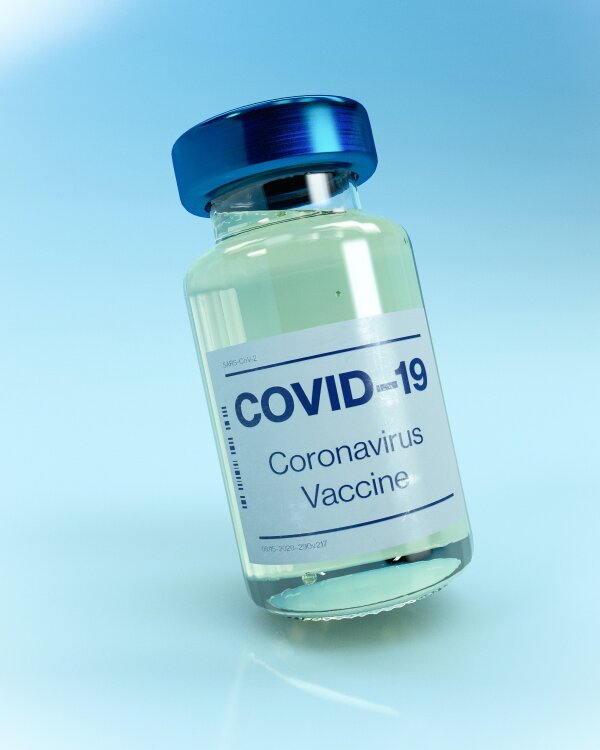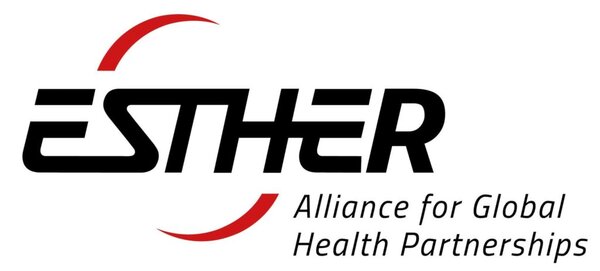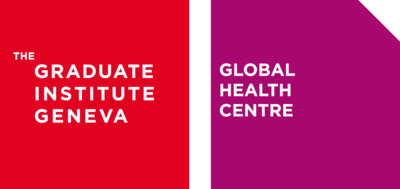Das sind nicht die Gedanken eines Ebola-Kranken im Kongo, sondern die eines HIV+ Schweizer Staatsbürgers, der seinen Freund*innen bislang nichts über seine HIV-Infektion erzählt hatte. Der Grund: Die Angst vor den Reaktionen, vor dem Stigma.
Ein Skandal möchte man sagen, ein Einzelfall? Mitnichten. Die Aids-Hilfe Schweiz, die diesen und viele weitere Berichte veröffentlichte, will daher zum heutigen Welt-Aids-Tag 2020 mit der Kampagne "Stopp Diskriminierung" (Aids-HIlfe Schweiz) auf die alltäglichen Diskriminierungserfahrungen von HIV-positiven Menschen aufmerksam machen. Die Bekämpfung von Stigma hat nicht mit dem medizinischen Fortschritt standgehalten. Die Botschaft, dass HIV+ Menschen unter erfolgreicher Therapie nicht ansteckend sind, ist zuwenig in der Allgemeinbevölkerung angekommen.
Welt-Aids-Tag 2020 unter schlechtem Stern
Soweit zur Schweiz einem privilegierten Land, in dem HV-Infizierte auch in Zeiten von Corona keine gravierenden Behandlungsengpässe in Kauf nehmen müssen. Ganz im Gegensatz zur weltweiten Situation, wo eine extrem hohe Anzahl von HIV-Programmen unterbrochen wurde. Während die Weltgemeinschaft sich vollends auf die Bekämpfung der Corona-Pandemie konzentriert und durch die Bereitstellung von ungeahnten finanziellen Ressourcen bereits ein erster Impfstoff entwickelt wurde, drohen die Anstrengungen im Kampf gegen HIV/Aids um mehr als 10 Jahre zurückgeworfen zu werden.
Eine Klatsche für alle HIV-Infizierten oder von HIV-Bedrohten, die schon jahrzehntelang auf solch eine Meldung warten? Gebetsmühlenartig wurde die letzten Jahre wiederholt, dass wir niemanden zurücklassen dürfen, doch was ist mit denjenigen, die aufgrund von HIV auf der Strecke geblieben sind? COVID-19 führt uns vor Augen, was bei entsprechendem multilateralem Engagement in kurzer Zeit möglich ist. In ungeahntem Ausmass wird getestet und werden Daten gesammelt, Daten, die auch für die Bekämpfung von HIV dringend benötigt würden, die aber in vielen Ländern bis heute nicht zur Verfügung stehen.
Wir kennen das Muster: Sobald die Krankheiten die Menschen in den reichen Ländern nicht mehr bedrohen, lässt das Engagement nach und werden die Ressourcen abgezogen. Wird sich das mit COVID-19 wiederholen? Werden die Impfstoffe wieder nur dem privilegierten Teil der Menschheit zugute kommen? Oder wird sich die COVID-19 Forschung auch als Antriebsmotor für die weitere HIV-Forschung erweisen und dieser neue Impulse vermitteln, wie jüngst im Lancet zu lesen war (The Lancet 2020: Leveraging the advances in HIV for COVID-19)? Wir wissen es nicht. Aber wir wissen und sind uns einig mit der Aids-Hilfe Schweiz, dass die Solidarität mit den Betroffenen nicht von der Tagesordnung verschwinden darf und neuen Aufwind benötigt (Fokus: Welt-Aids-Tag 2020)
Martina Staenke
Netzwerk Medicus Mundi Schweiz
E-Mail




